Vietnam’s electric motorbike makers enter Southeast Asia's race
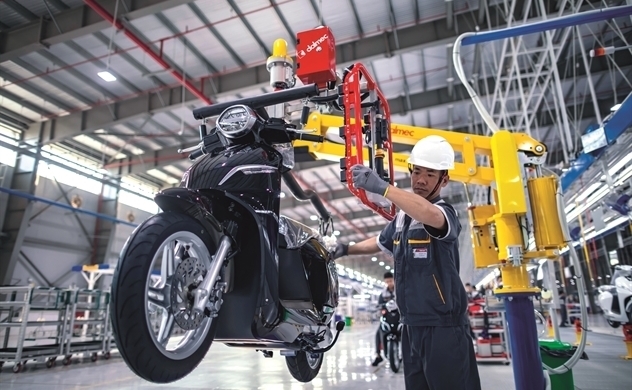
Nguyen Ba Canh Son, the founder of Dat Bike, Vietnam's first electric vehicle business, thinks Indonesia is an ideal market for electric bikes than Vietnam. The startup hopes to enter this market soon after establishing a presence in the local market.
Exciting race
Dat Bike is not alone. Almost all electric motorbike startups in Vietnam have the ambition. Indonesia is the 12th largest motorcycle consumption market in the world and this is the leading market in Southeast Asia. Indonesian consume more than 5 million motorbikes per year, according to the latest data from the Indonesian Motorcycle Industry Association.
However, the plan of Vietnamese startups is not easy to realize since Indonesian Government has introduced policies to promote the domestic electric vehicle industry, with a subsidy program worth more than $450 million.
More than 11 of Indonesia's electric vehicle startups are expected to benefit from the program. Grab and Gojek partnering with local manufacturers Viar Motor Indonesia and TBS Energi Utama will also be beneficiaries.
Thus, the new stimulus package will hinder Taiwan and Vietnam, which have stronger technology. However, this regulation will increase capital flows to Indonesia, lowering the electric car industry's technical obstacles.
Taiwanese electric motorbike companies also receive significant subsidies from the government to compete in the green race. Thus, electric car demand-stimulation programs will continue through 2026 with over $190 million in subsidies.
This amount will be invested in funds between 2023 and 2026 to achieve aims including switching to electric cars, improving charging station coverage, energy management systems, and electric vehicle supply chains.
Protectionist policies
These initiatives go beyond promoting and exporting top brands in the home market. The country exports like Indonesia despite a big domestic market. Indonesia has been a top 10 motorbike exporter since 2018, according to the German-Indonesian Chamber of Commerce and Industry. Its importers include the Philippines, Vietnam, and Thailand.
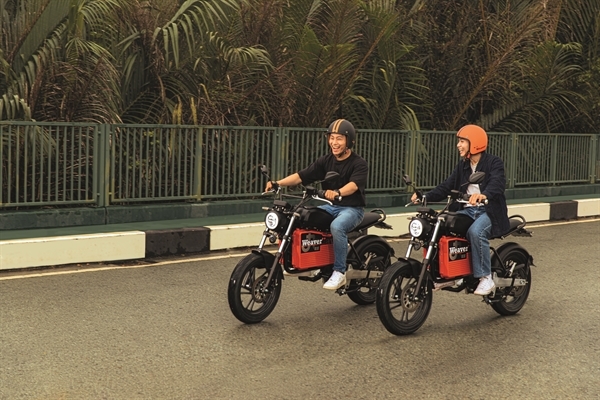 |
Thus, Indonesia may sell this vehicle to adjacent countries while stimulating the home electric car industry and using nickel mining, the primary battery raw material. Just wait. Indonesia has a large market and the highest annual motorcycle consumption in Southeast Asia, whereas Taiwan has 14 million motorbikes and manufactures 940,000. Gogoro holds 90% of the Taiwanese electric car market (Taiwan Ministry of Transport 2022).
In fact, Gogoro has begun to turn to Asia. The company's biggest strength is its battery-swapping stations, which require only a small area to operate. The system, which Mr. Horace Luke, the Company's CEO, believes is more suitable for the Asian market than Europe, since two-wheelers are the primary means of transport. According to Bloomberg, the company is currently testing charging stations in India, Indonesia, the Philippines, Singapore, and China.
In this excitement, Vietnam is an attractive destination for electric vehicle companies in Asia in general and Southeast Asia in particular for two reasons. Firstly, this is the country with the second largest market size in Southeast Asia with about 3 million motorbikes sold each year and market space of more than 60 million petrol cars for conversion. Second, Vietnam is a market where consumers are quite familiar with electric motorcycles because this trend was initiated 5 years ago by the penetration of Chinese electric scooters and small electric bicycles.
Awaiting for government’s push
In April, Selex Smart Electric Vehicle JSC announced a $3 million convertible bond investment round from ADB Ventures, the investment unit of the Asian Development Bank. Previously, Selex raised $2.1 million from Touchstone Partners, ADB Ventures, and Nextrans (Korea).
Selex is not the only representative in Vietnam mentioned by regional media. Not long ago, actor Nikolaj Coster-Waldau in the hit TV series Game of Thrones while on a business trip in Ho Chi Minh City also advertised for free the Dat Bike model, another domestic electric vehicle startup.
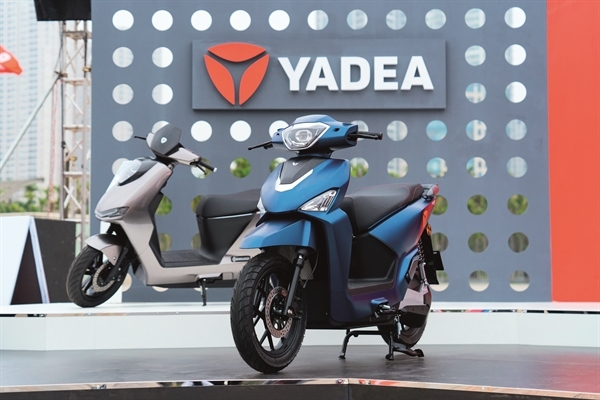 |
According to VentureCap Insights, Dat Bike is the largest electric vehicle startup fundraising with $16.5 million and a $32 million valuation. Son, the creator of Dat Bike, said: “Vietnam has an advantage in the electric bike race because of its large and skilled mechanical engineering workforce. The supply chain for electric car components is strong since Apple, Samsung, and Intel all have operations in Vietnam.
According to the report of the International Council on Clean Transport (ICCT) in 2022, by 2020, Vietnam has 10 suppliers of electric scooters, including 5 Vietnamese companies. Leading the market in terms of sales volume is VinFast with a 43.4% market share in 2020. Unverified sources say that in 2022, this unit will still lead the market with nearly 60,000 units sold.
In reality, when VinFast released Klara, its first Vietnamese model, towards the end of 2018, the electric motorbike industry started to get excited again. According to Motorbike Data, Vietnam's electric motorbike market share rose from 5.4% in 2019 to 10% in 2021 and will continue to rise in 2022. This market was once thrilling, but inexpensive electric bikes built components of unknown origin, easily damaged, limited battery life, and difficult to maintain and repair cooled it down.
Although Vietnam pledged to cut carbon at the COP26 Climate Change Summit, it has yet to promote electric motorbike sales. Even though Vietnam has signed the Asian Trade in Goods Agreement (ATIGA), the import tariff on Asian 2-wheelers has been decreased, protecting electric motorbikes. 0% 5 years ago but no electric motorbike restrictions.
Thus, imported electric bikes in Vietnam will cost more than locally made ones. Because Vietnam cannot create batteries, this legislation also raises the cost of making electric bikes in the nation.
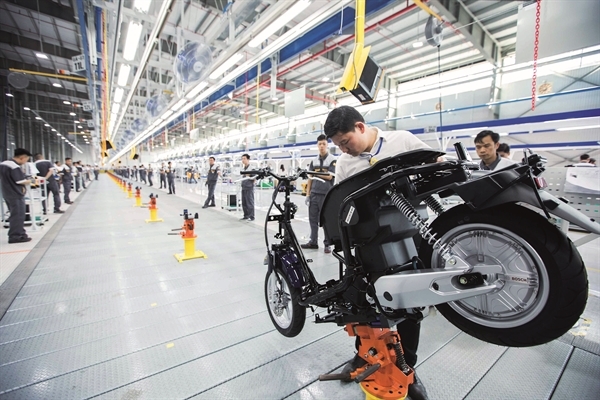 |
Vietnam wants 50% of people to adopt electric cars by 2030 and 100% by 2050. Thus, the government must support the electric bike market. Vietnam disregarded electric motorbikes five years ago due to their uncertain future. However, transportation is the 3rd greatest contributor to global greenhouse gas emissions and the only industry with unaltered emissions. increasing in wealthy nations. COP26 promises show governments are increasingly conscious of climate change's effects.
The Global Infrastructure Outlook projects that the transportation industry will need $50 trillion in investment by 2040 and several financial mechanisms are being built to acquire finance. In a low-yield market, infrastructure assets are more appealing to investors because of their consistent cash flows and decent yields.
The World Bank originally issued green bonds in 2008 for $290 million, now $260 billion, with 20% going to transportation. Thus, Vietnam urgently requires regulations to welcome this capital flow for electric motorbike infrastructure, nurture the domestic market, and develop regionally competitive enterprises.
Indonesia and Taiwan have policies to expand their indigenous electric car industries, thus time is running out. The increase in electric motorbikes is not enough to counterbalance the decline of gasoline motorbikes. However, it partially indicates a change in Vietnamese motorcycling preferences.
"I think the next three years are an important period for the parties in this race," said Dat Bike's founder.

 TIẾNG VIỆT
TIẾNG VIỆT _1120686.png)
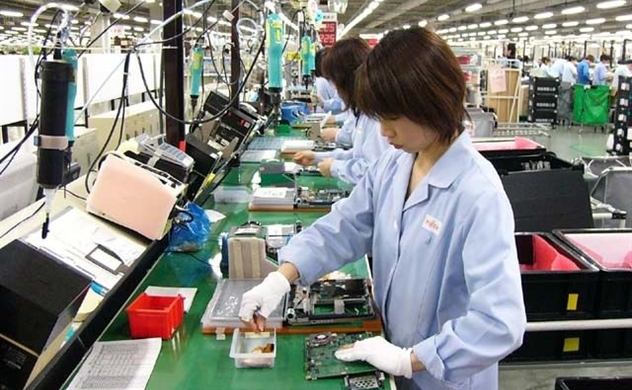
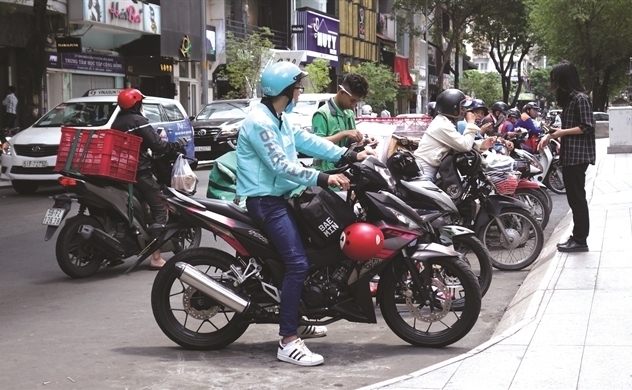

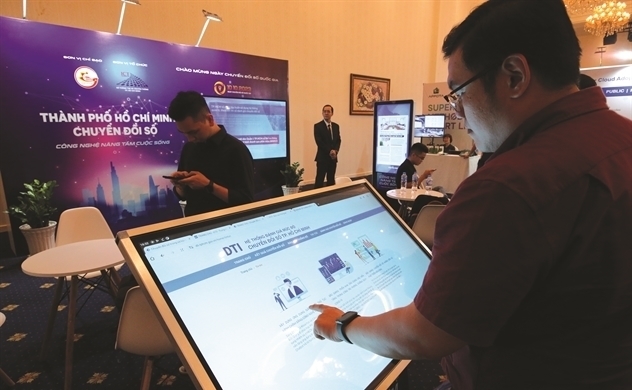
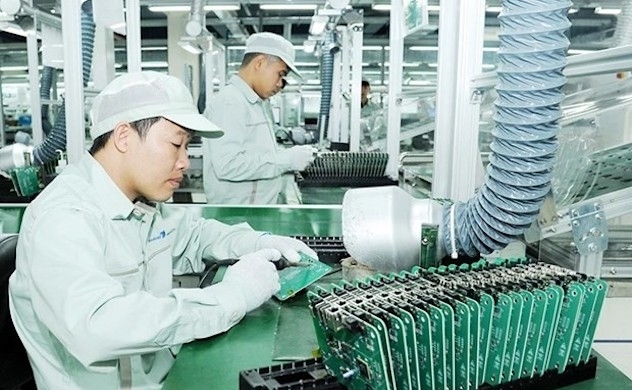

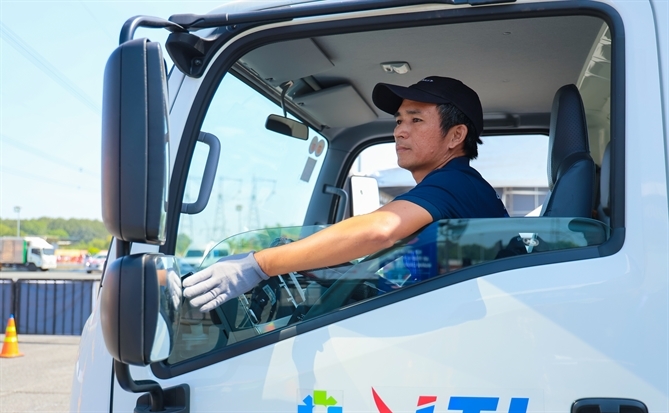
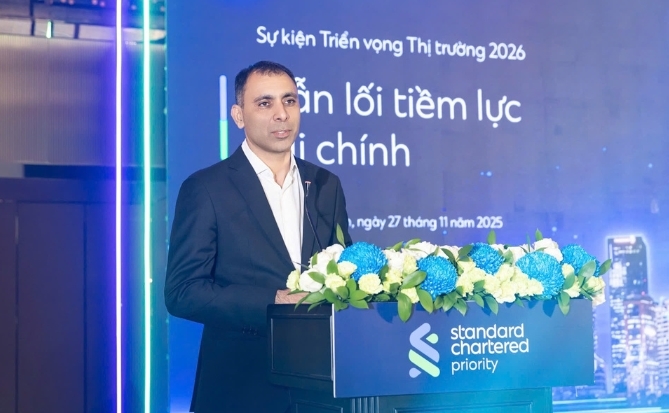


_131447820.png)







